Although most people enjoy casino gambling, sports betting, lotteries, bingo and games to provide fun and excitement, others may experience gambling as an addictive habit and hobby. Statistics show that while 85 percent of the adult population in the U.S. enjoys a certain type of gambling every year, between 2 and 3 percent will develop gambling problems and 1 percent of those diagnosed as pathological gamblers.
Where do you draw the line between a harmless game and gambling problems? How do you know if you or your friends compulsive gamblers? You can find answers to these questions and other questions about problem gambling and gambling addiction.
What is problem gambling?
Problem gambling or pathological gambling is defined as the uncontrollable urge to play despite the harmful effects of gambling in the lives of players and even feelings of guilt and repentance. Gambling problems will often have a negative impact on the players’ finances, relationships and everyday life. Serious cases of addiction to gambling can be defined as pathological gambling.
Compulsive gamblers:
1) Do you gamble until your last penny?
2) Do not gamble to recover losses or past debts?
3) Have you ever borrowed money to keep playing?
4) Does your gambling ever make you lie to your friends or family?
5) Have you ever missed work or other obligations to play?
6) Do you tend to play to forget your personal problems or to celebrate happy events?
7) Is the game having a negative impact on your daily life or relationships?
If you answered yes to even one of the questions above, then you have a problem.
Anyone can become a compulsive gambler?
In theory yes each player can develop a gambling problem without seeing the kind of game he is occupied with or the amount of money and time spent on gambling. Research shows that the slot machines that can be found in bars and shops are the most addictive form of gambling activity. While the draw for the raffle and the game of bingo is at the end of the scale. Gambling addiction is an emotional problem and symptoms, causes and treatment are similar to other addictions.
How to treat gambling addiction?
1) Group Therapy:
Gamblers Anonymous provides self-help program of 12 steps similar to those offered in the alcoholic in Alcoholics Anonymous. Group therapy also provides advice and support to those addicted to gambling from professional advisers and other addicts in various stages of their recovery process. Anonymous play centres are available in over 1200 locations throughout the state.
2) Individual Therapy
Cognitive or behavioural therapy can help identify those addicted to gambling who do not realise their thoughts and action patterns, leading them to gamble compulsively, and replace it with a controlled and healthy thinking.
3) Psychiatric Treatment:
It has been recently shown that the family of SSRI antidepressants, selective serotonin reuptake inhibitors may be affective treatment for those that are addicted to gambling.
By Clive Harman
Clive Harman webmaster and publisher who’s latest work on gambling Addiction can be found here http://www.ticketyboomiscellany.com/GamblingAddiction.html He has also formed a club for niche marketers and further information can be found here http://www.ticketybooclub.com/niche-marketing.com

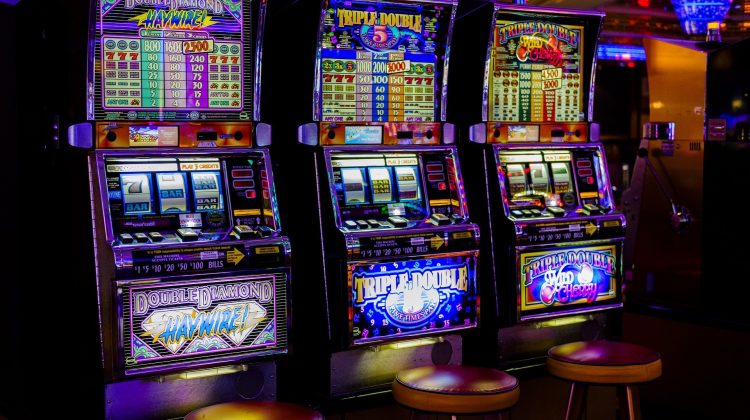
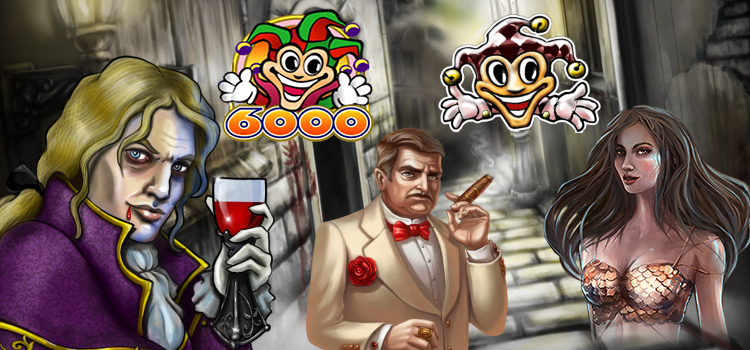
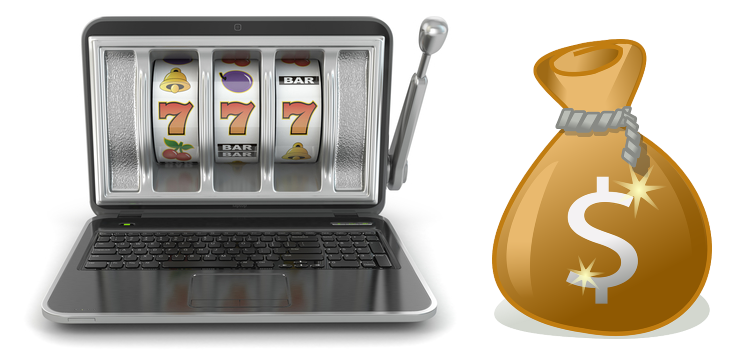




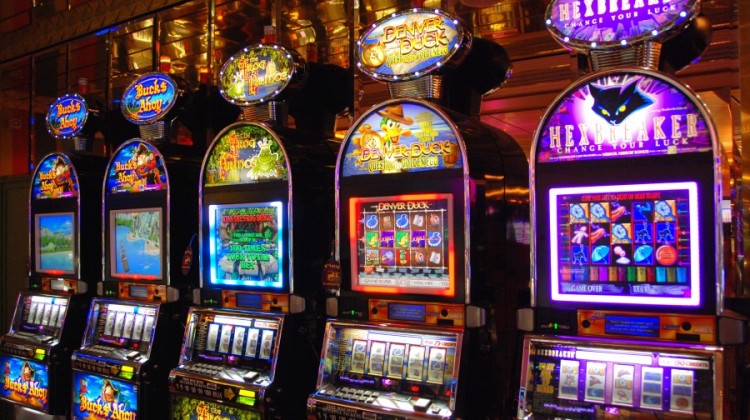
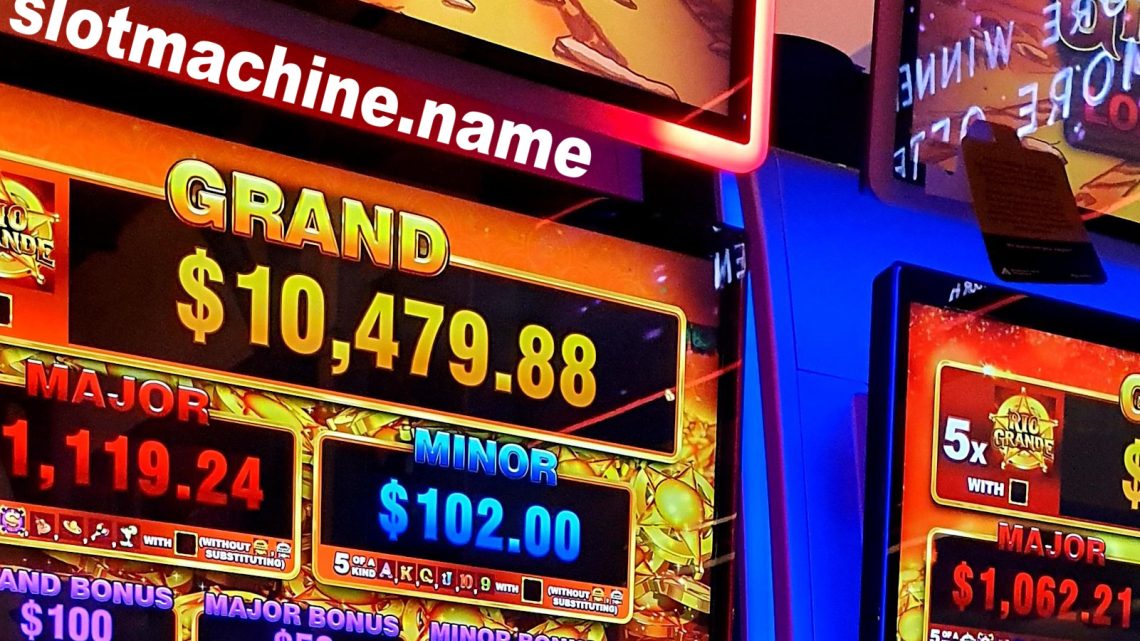
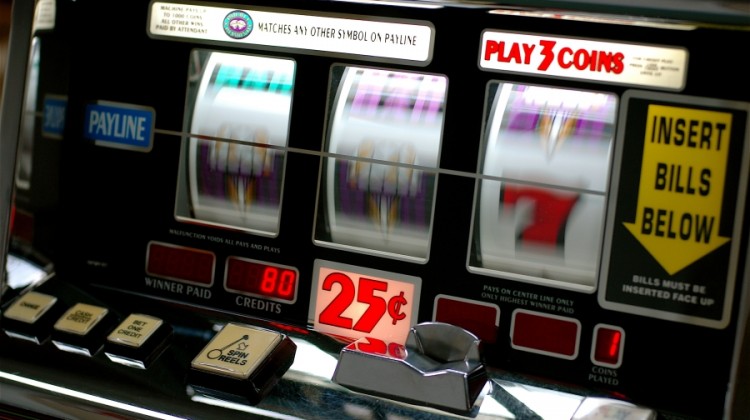
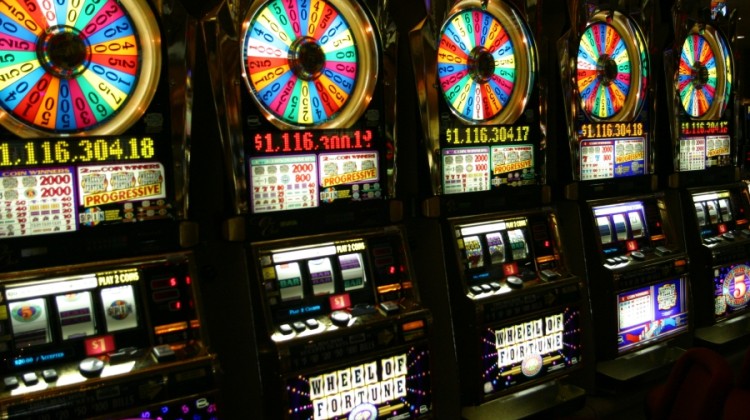
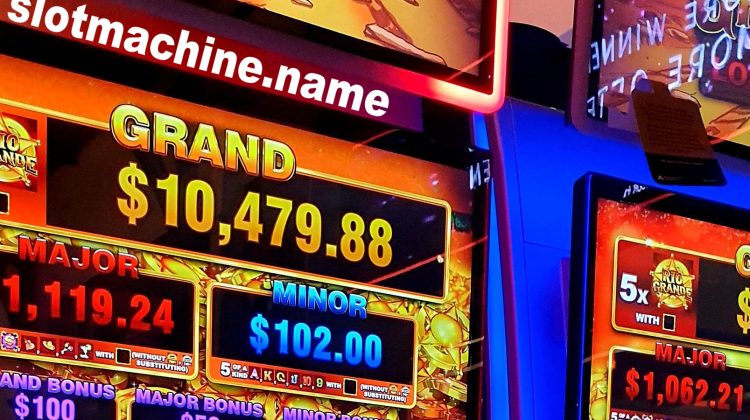
No Comment